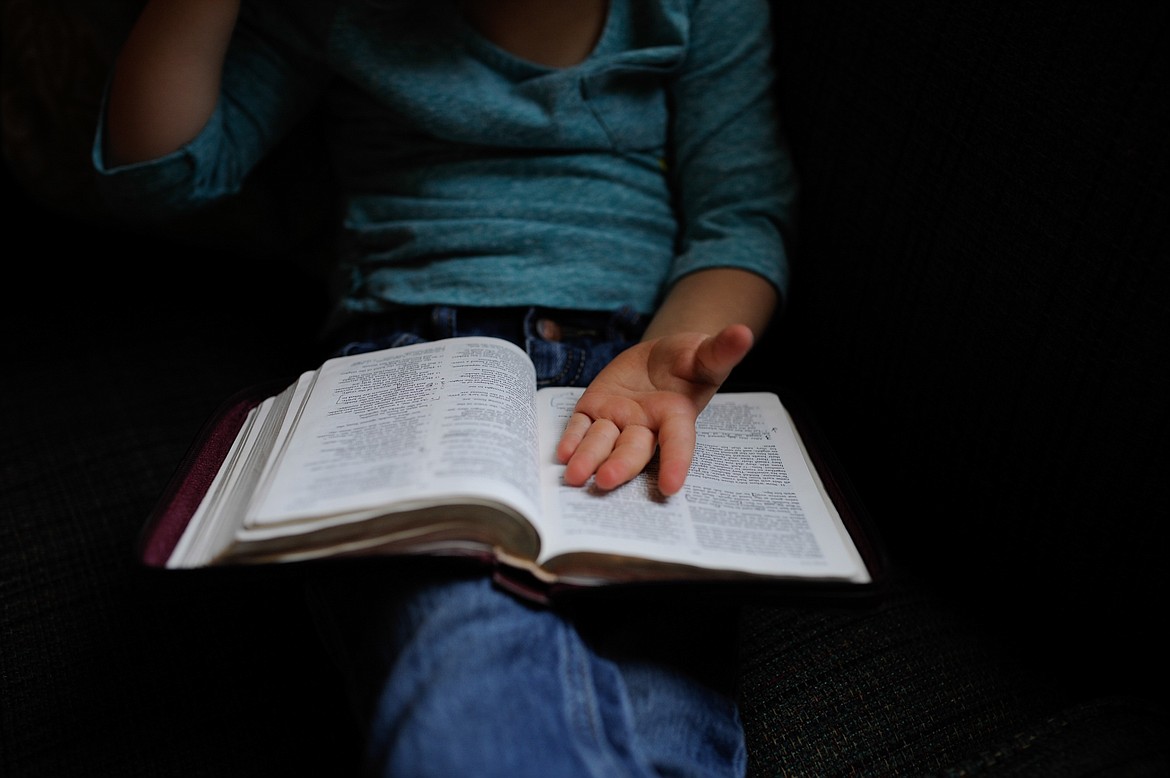Defeating hate with the power of love
To be honest, last week I left out a word. Speaking of “when love stands up to hate,” I said “an incredible thing happens” — hate leaves. What I should have said is, “an incredible thing can happen.” I would like to back that up with this true story.
I have friends who actually traveled into the Amazon Rainforest and met a man living along the Curaray River — a member of the Huaorani people group of eastern Ecuador, who was changed by love when there might have only been hate. The Huaorani tribe has a second name, “Auca,” given to them by their less extreme Quechua neighbors. It means “savage.” They were known as a violent, murderous tribe.
Five American men hoping to bring the love of Christ to the Huaorani were speared to death in 1956. One of the native men involved in the murders was Mincaye. Two years later, the wife (Elisabeth) of one of the slain men, and the sister (Rachel) of another, went to live among the very people who had attacked their family members — again hoping to bring the love of Christ.
This was made possible through Dayumae. She was a tribal member who had fled to her Quecha neighbors — the reason being a warrior in her own Huao clan had mortally speared many of her family. In this village of revenge killings if an offense was committed the entire family of the offender was often annihilated. Dayumae was the one who taught her native language to Elisabeth and Rachel while among the Quecha — and became a follower of Christ through the faith they shared with her.
When two of her own tribe came out of the jungle to urge her to return to her mother, who was still alive, she did — and soon invited her friends Elisabeth, along with Elisabeth's young daughter, and Rachel to live among them. They arrived with the love of God for the Huaorani people. What the five men did not get a chance to do, these two women did.
Mincaye, who had murdered with a spear and machete, became a Christian. He said of his people, “We acted badly, badly, until they brought us God's carvings (the Bible). Then, seeing His carvings and following His good trail, now we live happily and in peace.” The story enlarges still more.
The nephew of Rachel from the age of 10 began spending summers in the Huaorani village. Mincaye grew very close with this boy. He had killed his father — and he felt a paternal responsibility in raising him. The boy was adopted as his tribal son. In later years — when that boy had his own family — they all lived in the village, and Mincaye considered his adopted son's children his grandchildren.
My friends who traveled to his jungle home and met Mincaye, who died in 2020, describe him as a “delightful man, very animated.” They referred me to a 2006 film “End of the Spear,” which documents Mincaye's life — and its intersection with Steve Saint, the fatherless boy.
This story might have remained hateful for Mincaye and his people, and become hateful for the families of the men they killed, but ultimately hate was speared by the power of love. It can happen.

